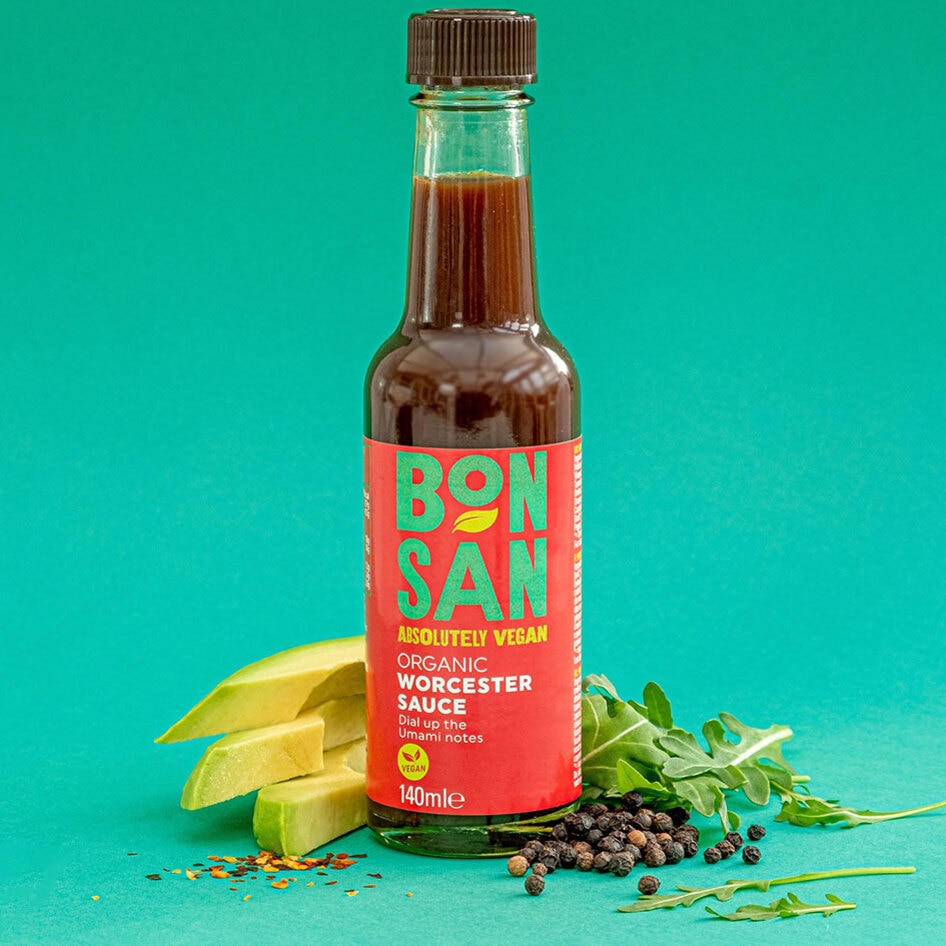The Real Marketing Edible Artificials Truthfully Act of 2019 (conveniently known as “The Real MEAT Act”) was recently introduced to the United States House of Representatives by Roger Marshall (R-KS) and Anthony Bindisi (D-NY). The proposed federal legislation aims to limit the use of words such as “meat” and “beef” to products derived from dead animal flesh by requiring that plant-based and cell-based products are labeled with the word “imitation.” The bill comes after similar pieces of legislation were introduced in several states and claims that requiring such labeling would eliminate consumer confusion around food products. “A growing number of fake meat products are clearly trying to mislead consumers about what they’re trying to get them to buy,” Jennifer Houston, President of the National Cattlemen’s Beef Association, said. “Consumers need to be protected from deceptive marketing practices, and cattle producers need to be able to compete on a fair, level playing field.”
Jessica Almy, Director of Policy at advocacy group Good Food Institute (GFI), believes the proposed legislation is a thinly veiled attempt by the meat industry to protect its profits from growing competition. “This bill is a bald-faced attempt to get the government to police food labels to benefit the conventional meat industry, not consumers,” Almy said. “Demand for plant-based meats is skyrocketing in all regions of the country—including Kansas and New York.”
Sales of plant-based food grew five times faster than total food sales in the United States over the course of the 52-week period ending in April, according to a report compiled by analytics firm SPINS. The same report showed that consumers purchased $4.5 billion worth of plant-based products, with plant-based meat sales up by 10 percent in the past year. For comparison, sales of animal meat grew by only two percent during the same period.
“Rather than let consumers decide the winners and losers in a free marketplace, this bill attempts to stigmatize plant-based foods by requiring that they be labeled ‘imitation’ to tilt the playing field to benefit conventional meat,” Almy said. “We are confident that Congress will see this bill for what it is—unnecessary government overreach—and we do not expect it will get much traction.”
JUMP TO ... Latest News | Recipes | Guides | Health | Subscribe
Photo Credit: Tofurky







